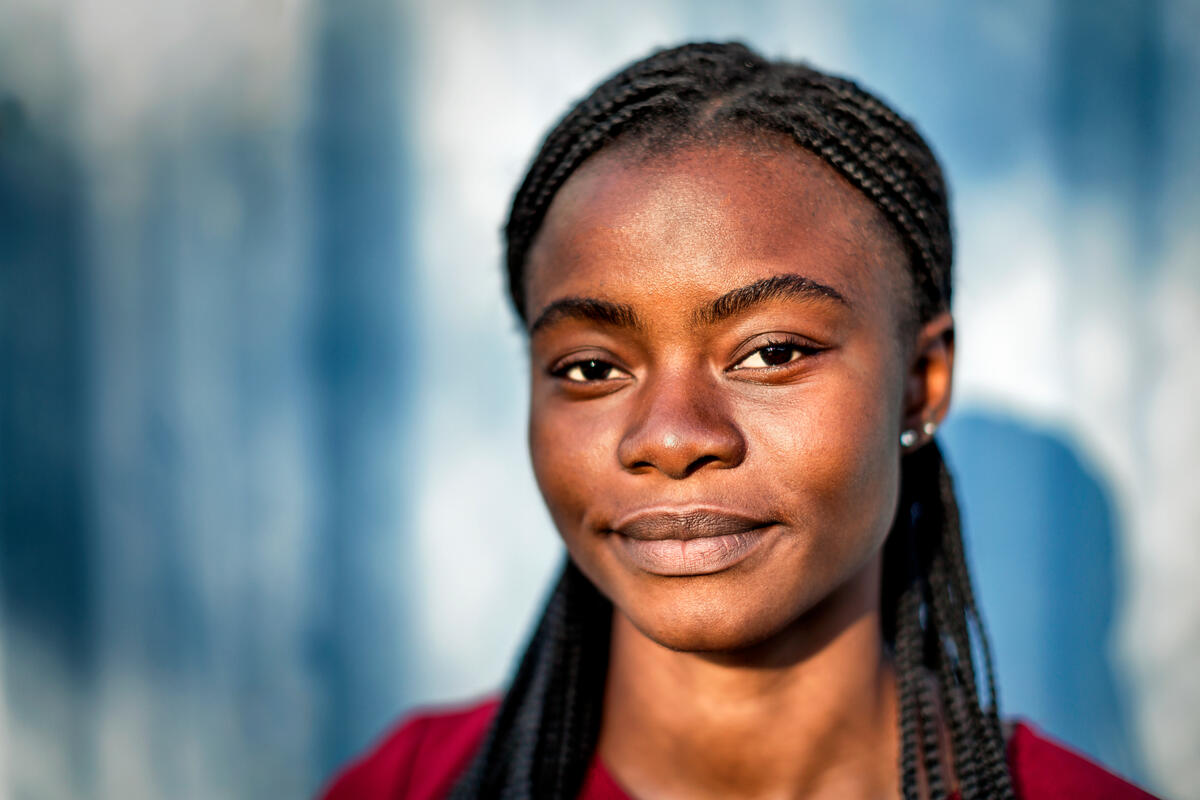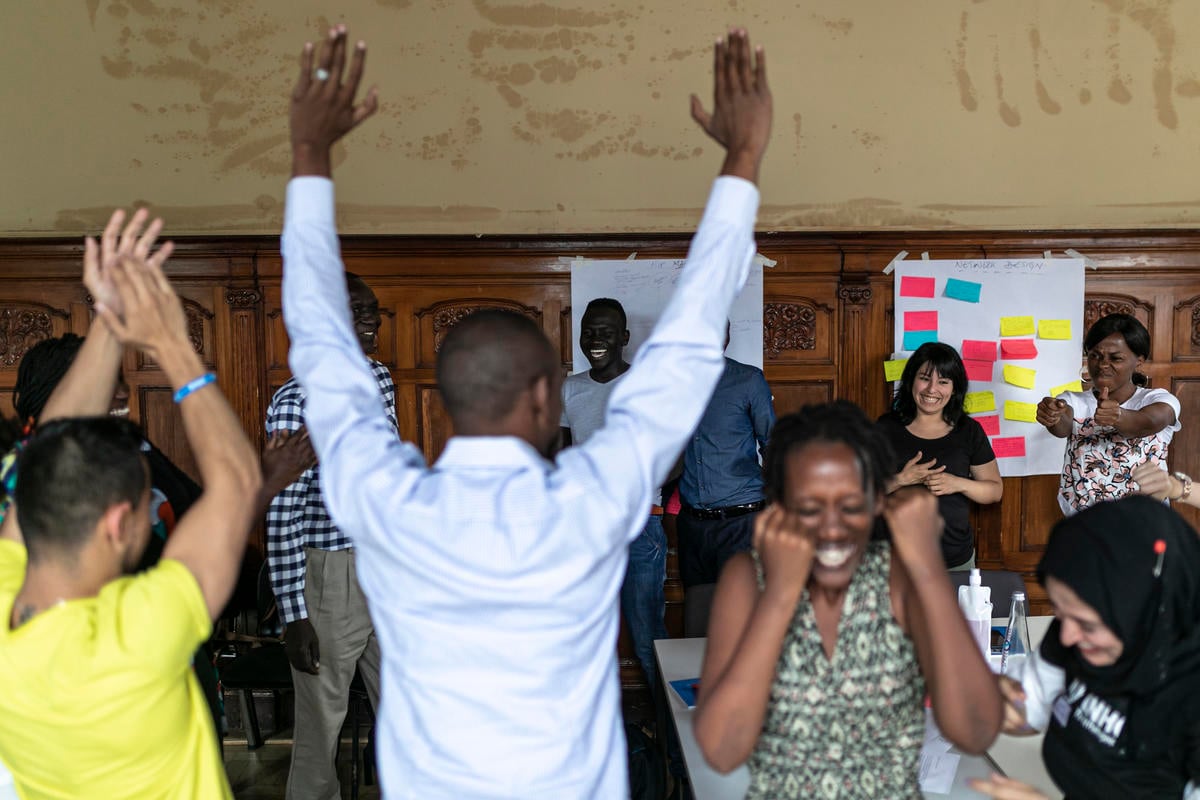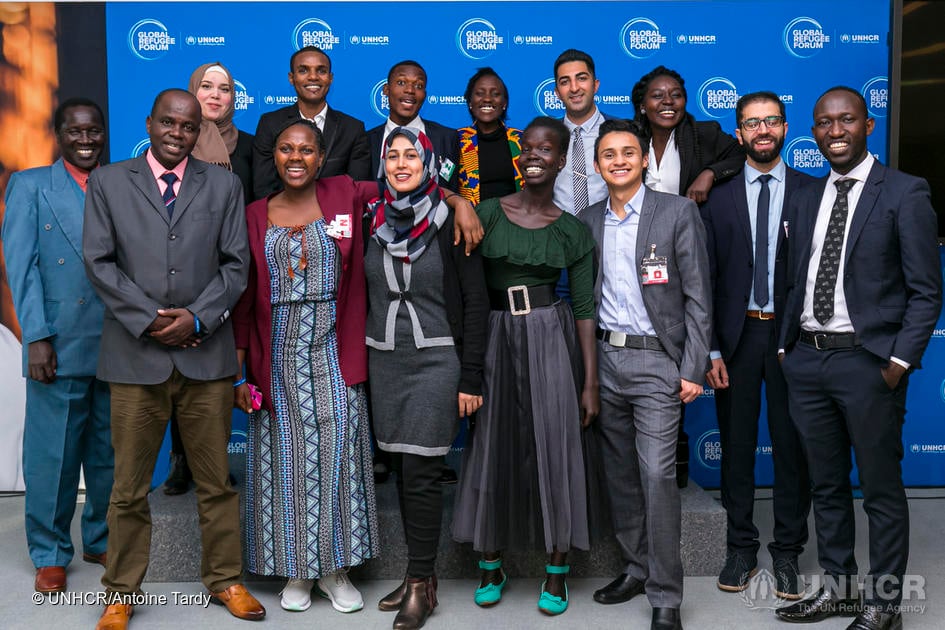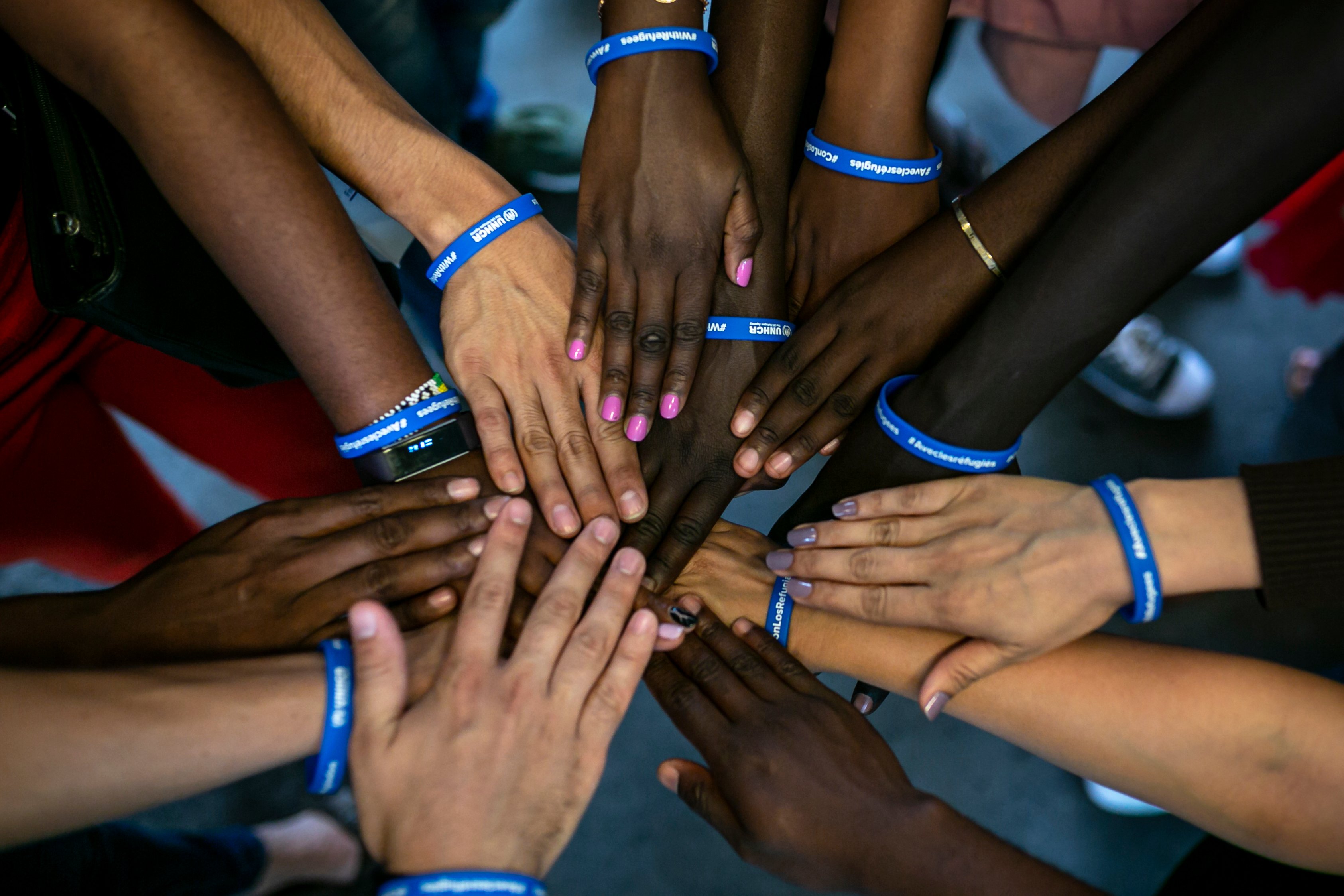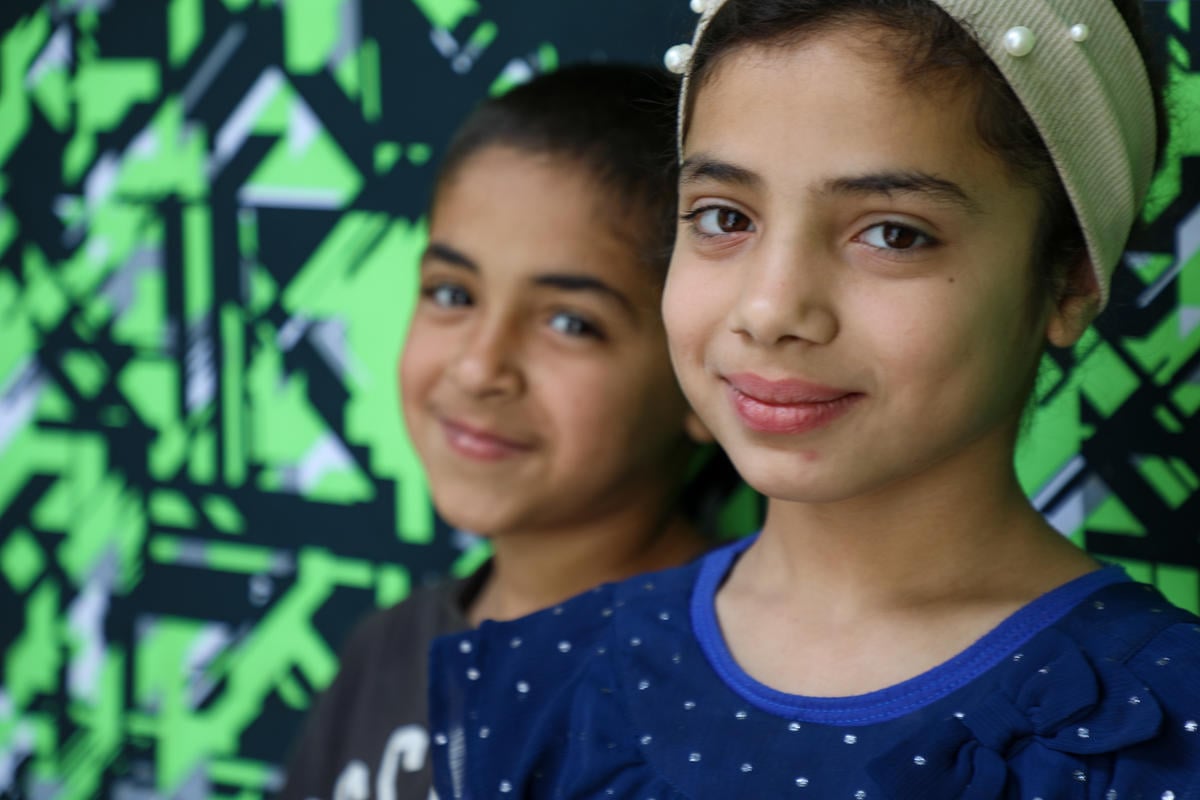Tertiary Education
Today, 6% of refugees have access to higher education compared to only 1% in 2019. This is far below the global average higher education enrollment among non-refugees, which stands at more than 40 per cent.
UNHCR and partners are committed to the 15by30 target – ensuring that 15% of young refugee women and men, or approximately 500,000 refugees in total, can access higher education by 2030. Participation of refugees in higher education strengthens national education systems to the benefit of both host and refugee communities.
Are you a refugee looking for a way to study at university?
UNHCR Tertiary Education Strategy
UNHCR’s 2019 education strategy, Refugee Education 2030: A strategy for refugee inclusion, aims to foster the conditions, partnerships, collaboration and approaches that lead to all refugees, asylum seekers, returnees, internally displaced persons and stateless children and youth and their hosting communities to access inclusive and equitable quality education, including at the tertiary level.
15by30 target – achieving 15% enrolment of refugee learners in higher education by 2030
UNHCR and partners are committed to achieving enrolment of 15% of young refugee women and men in higher education by the year 2030 – the 15by30 target. Based on current population data, achieving 15% enrolment in 2030 will mean that approximately half a million young refugee women and men will be participating in an enriching academic life. That is in dramatic contrast with the nearly 90,000 refugee learners known to be participating in higher education worldwide today.
Higher education is a critical link between learning and earning, allowing young people to thrive and transition to the pursuit of sustainable futures. Investments in higher education for refugees strengthen the national education systems in which they participate, to the benefit of host communities, students and institutions. With higher education that is inclusive of refugees, all students can benefit from a richer academic environment, enhanced social cohesion, and improved academic infrastructure and resources. Expanded participation of refugee students in higher education is essential to achieving SDG4, greater enjoyment of rights for all, and improved development outcomes.
15by30 Roadmap and Five Pathways to higher education
UNHCR and a strong network of partners are developing a strategic roadmap to support progress towards the 15by30 target. The roadmap is built around five higher education pathways, to offer strategies for optimizing, coordinating, and expanding opportunities overall:
The roadmap also emphasizes the crucial role that student support plays in ensuring that young people complete secondary school and can transition to and thrive in higher education. A good example is the Tertiary Refugee Student Network (TRSN) which is recognized by students, UNHCR, and other partners for its importance as an advocacy platform and for continually highlighting the importance of educational opportunities for refugees. Working with refugee students, TRSN is engaged in amplifying the benefits of education in their communities.
Reporting, data management and tracking progress towards 15by30
The success of 15by30 depends on improved reporting and analysis of refugee tertiary enrolment data. To understand progress towards the goal, the international community, including refugee communities, need reliable access to application, enrolment, cost and entitlement data across programmes that support refugees to access and meaningfully participate in higher education. For this reason, harmonized reporting by all partners on a routine basis is essential to achieving the 15by30 objective.
In the November 2020 pilot data collection exercise, 58 countries reported on higher education enrolment. UNHCR will continue to work closely with all partners to strengthen global reporting coverage.
Higher Education as a Global Priority – Global Compact on Refugees and the Global Refugee Forum
In 2018, the international community approved the Global Compact on Refugees (GCR) as a framework to help governments, international organizations, and other stakeholders ensure that host communities get the support they need and that refugees can lead productive lives. The Global Compact on Refugees affirms that “in line with national education laws, policies and planning, and in support of host countries, States and relevant stakeholders will contribute resources and expertise to expand and enhance the quality and inclusiveness of national education systems to facilitate access by refugee and host community children (both boys and girls), adolescents and youth to primary, secondary and tertiary education.” The Compact further recognizes the importance of “measures to strengthen the agency of women and girls, to promote women’s economic empowerment and to support access by women and girls to education (including secondary and tertiary education).” Access to secondary and tertiary education is the first step in closing the gap between learning and earning. It is also central to the objectives of the GCR, which will enhance refugee self-reliance.
To demonstrate commitment to the implementation of the GCR, the first Global Refugee Forum (GRF) was convened in 2019 in solidarity with the world’s refugees and the countries and communities that host them. The GRF resulted in over 200 pledges specific to education, with 58 focused on higher education and spanning skills development, career readiness, and financial support. The latest progress toward achieving these pledges is captured on the GRF Pledge Dashboard. Translating these pledges into action, stewarding additional partners to join the global alliance promoting refugees’ access to higher education, and monitoring progress using current enrolment data is critical to achieving 15by30.
Expanding access to 15% over the next ten years will require the coordinated, committed and sustained engagement of a range of partners. UNHCR stands ready to work with refugees, partners, and stakeholders to ensure that more young refugee women and men gain access to higher education and all the benefits that accrue as a result of tertiary studies.
Are you a student or academic affected by the situation in Ukraine and looking for ways to keep studying? Find more information on this page.
Further resources:
- World Higher Education Conference 2022 Agenda: Refugee Higher Education in Situations of Conflict & Fragility
- 15by30 Roadmap - coming together to achieve 15% enrolment by 2030
- 15by30 Roadmap - a closer look at the key actions across the five pathways
- 15by30 Action plan - working across the five pathways of higher education to achieve 15by30
- Key considerations on education and transition to employment
- Connected learning in crisis Consortium (CLCC)


